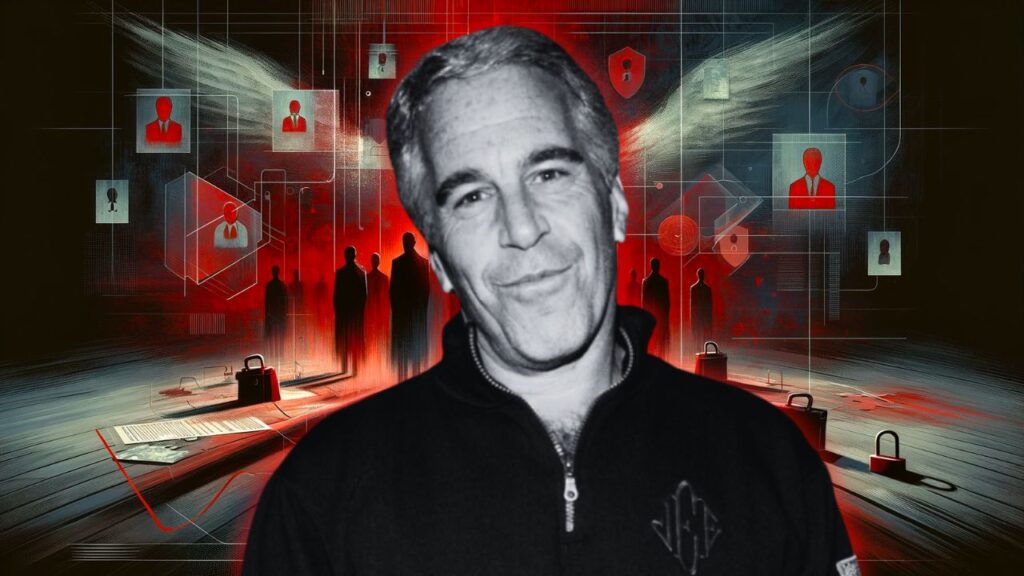
TL;DR:
The recent unsealing of Jeffrey Epstein’s documents has caused a global stir, revealing connections with high-profile individuals and raising questions about power dynamics and justice. The release prompts a deeper reflection on transparency, accountability, and the role of decentralized systems like Bitcoin in challenging established power structures.
Unveiling the Veil of Secrecy: Epstein’s Unsealed Documents
The Tip of the Iceberg
The recent unsealing of Jeffrey Epstein’s documents marks a significant moment in a long-standing and complex legal saga. Hundreds of pages were made public, exposing connections with prominent figures. This unsealing, pursuant to a December 18 court order, is just the beginning, with more revelations expected.
The Epstein Web: High-Profile Connections Uncovered
Among the unsealed documents, the deposition of Bill Clinton, referred to as John Doe #36, is particularly noteworthy. His testimony is critical for understanding his ties with Ghislaine Maxwell and Epstein. While no illegal actions by Clinton are alleged, his close relationship with these figures is undeniably of interest.
The Implications Are Deeply Troubling
While the full implications of these documents have yet to be analyzed, the sheer number of prominent business, political and social figures connected to Epstein is deeply troubling. It raises serious concerns around potential abuse of power and influence by wealthy elites.
As one commentator aptly stated on social media, “It’s time to decentralize power structures that enable such egregious abuses.”
Decentralized Systems Limit the Power of Elites
Decentralized systems, whether in government, business or technology, make it more difficult for single individuals to amass and exploit excessive power and influence. Distributing power across broader networks curtails the capacity for abuse.
The Epstein Documents Highlight Significant Ethical Failures
The volume of names revealed in these unsealed Epstein documents highlights glaring ethical failures across sectors of business, politics and society. It calls into question what other abuses of power may be occurring behind the veil of elitism and emphasizes the need for greater transparency and accountability in positions of power.
We Must Question How We Got Here and Where We Go Next
How did we get to a place where an elite pedophile ring could operate unchecked for decades? And now that the truth has been revealed, where do we go from here? These questions need to be seriously examined if we hope to prevent such ethical transgressions in the future.
The Bitcoin Ethos Calls for Personal Responsibility and Decentralization
Rather than blindly trusting in third parties, the Bitcoin ethos calls on each individual to take greater personal responsibility. And by utilizing decentralization, no one entity consolidates enough power to severely abuse or exploit others.
The Epstein revelations provide a sobering case for re-evaluating existing power structures and distributing authority across broader decentralized networks, whether in government, business, technology or society. Blind trust in central figures ultimately sets the stage for ethical disasters.
In a society where truth often remains hidden behind layers of power and privilege, embracing systems that promote openness and accountability is not just a choice, but a necessity for the integrity of our global community.
Thank you for reading “It Appears Epstein’s Clients Run the World. This is Why We Need Decentralization.“.
- Subscribe to our newsletter: ConsensusProtocol.org
- Follow us on Twitter: @ConsensusPro
Sources:




